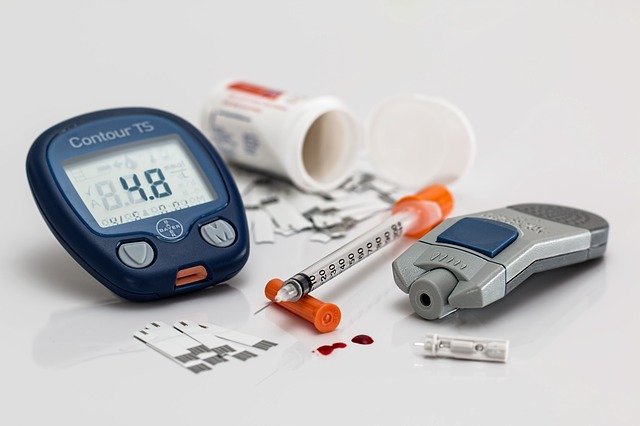Reduced Meat Diet Has Many Advantages – Lab Manager Magazine
Nine hundred and fifty kilograms of food and drink are consumed by every citizen in the EU annually—a sizeable quantity, the weight of a small car. Globally, food is responsible for a quarter of human greenhouse gas emissions. A large part of this is due to livestock farming: Animals convert only a small portion of the fed calories into meat. Ruminants also produce methane, which further accelerates global warming.
Furthermore, what we eat also has consequences for our health and animal welfare. When comparing diets, these aspects should also be taken into account. Experts also refer to the optimal health of humans, animals, and the environment as the “One Health” perspective. “Studies that apply this perspective to nutrition issues are still rare, however,” explains Juliana Paris of the Center for Development Research (ZEF) at the University of Bonn (Germany).
Actual food basket compared with three alternatives
Paris, together with colleagues, conducted an analysis that aims to fill this research gap to some extent. “To do this, we took a look at examples of which products are on the food basket of people in North Rhine-Westphalia,” she explains. “We then compared this reference diet with three different scenarios: a shift according to the recommendations of the German Nutrition Society (DGE), a shift to a Mediterranean diet with more fish and seafood, and a shift to a vegan diet.”
In each of these three scenarios, the foods were chosen to differ from the reference diet as little as possible. “That means, for example, that in the Mediterranean version, we increased the proportion of fish and seafood, vegetables and grain products,” Paris says. In addition, the overall product selection should contain the same nutrients in similar amounts as before. This gave the researchers a food basket for each scenario, which they then analyzed further.
“To do this, we relied on various databases,” says Dr. Neus Escobar of the Institute for Applied Systems Analysis in Austria, who supervised the work. “They enabled us, for example, to estimate the impact of each diet on certain environmental aspects—such as the amount of greenhouse gases produced during their production or the water consumption. We took a similar approach to assess the impact of each diet on health.” Red meat, for example, is known to increase the risk of certain cancers and cardiovascular disease.
The researchers estimated the consequences for animal welfare using several indicators. These included how many animals lose their lives as a result of food consumption and under what conditions they are kept. “But we also used the number of neurons or the size …….
Source: https://www.labmanager.com/news/reduced-meat-diet-has-many-advantages-27233
